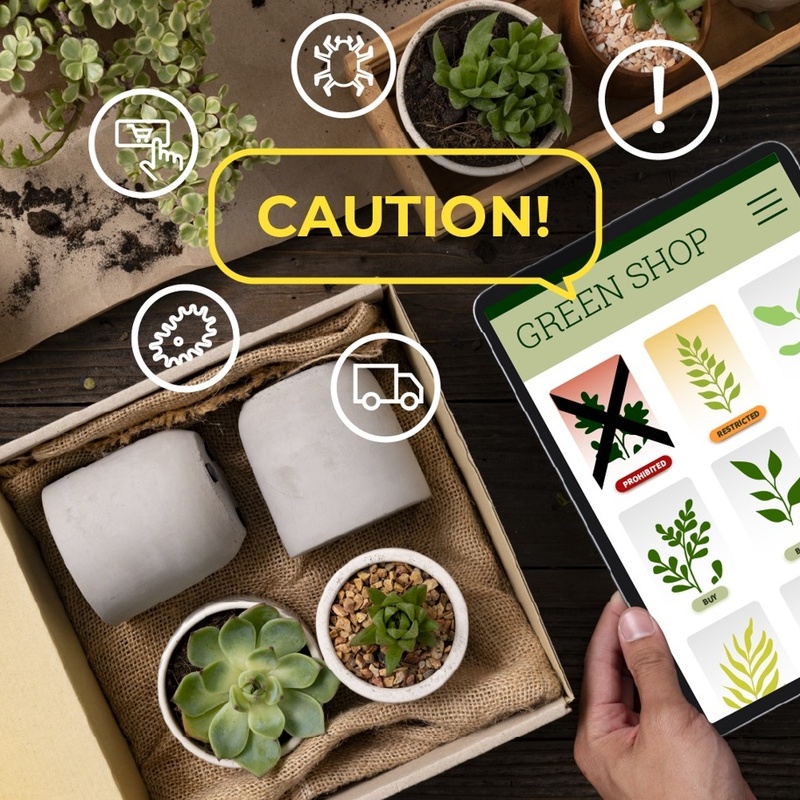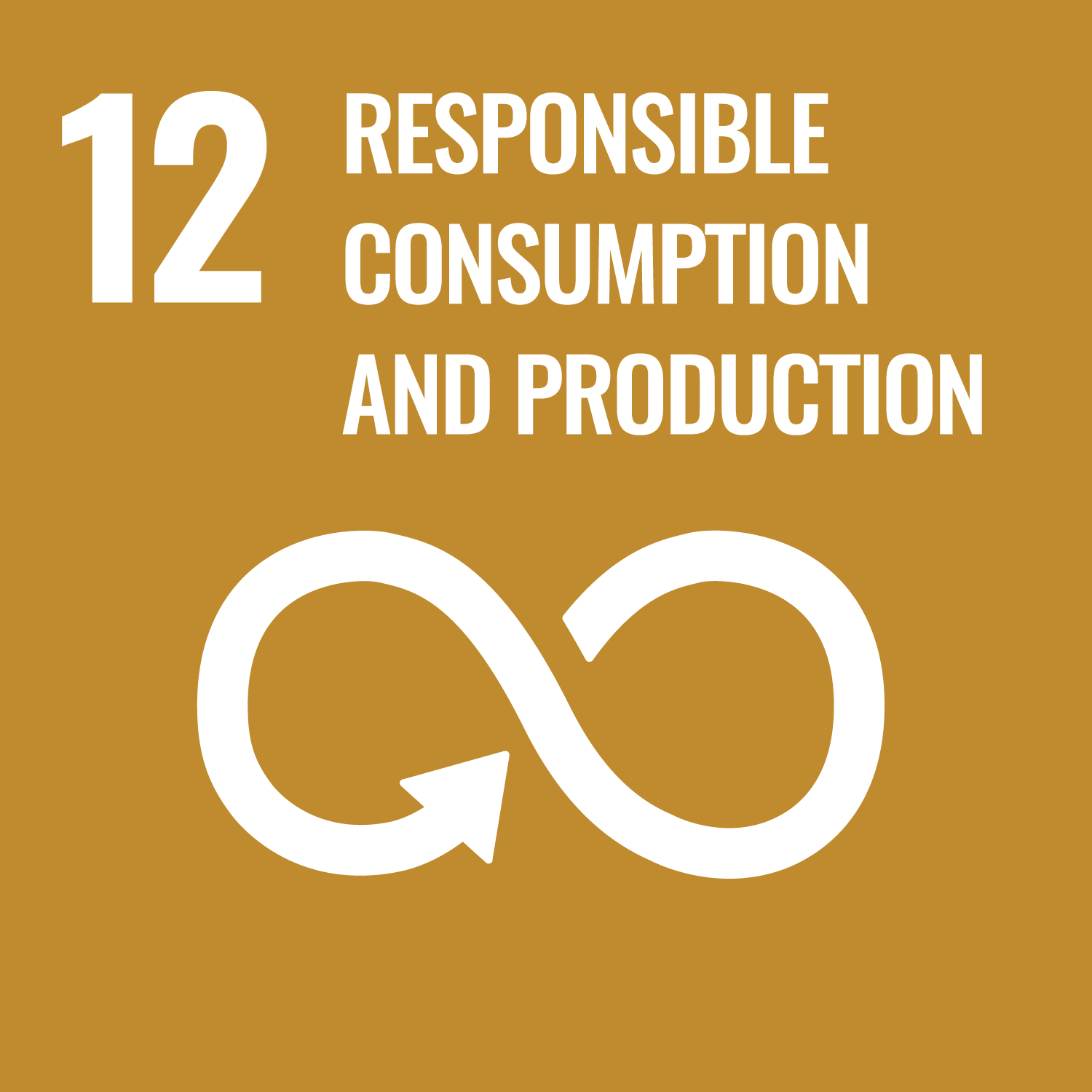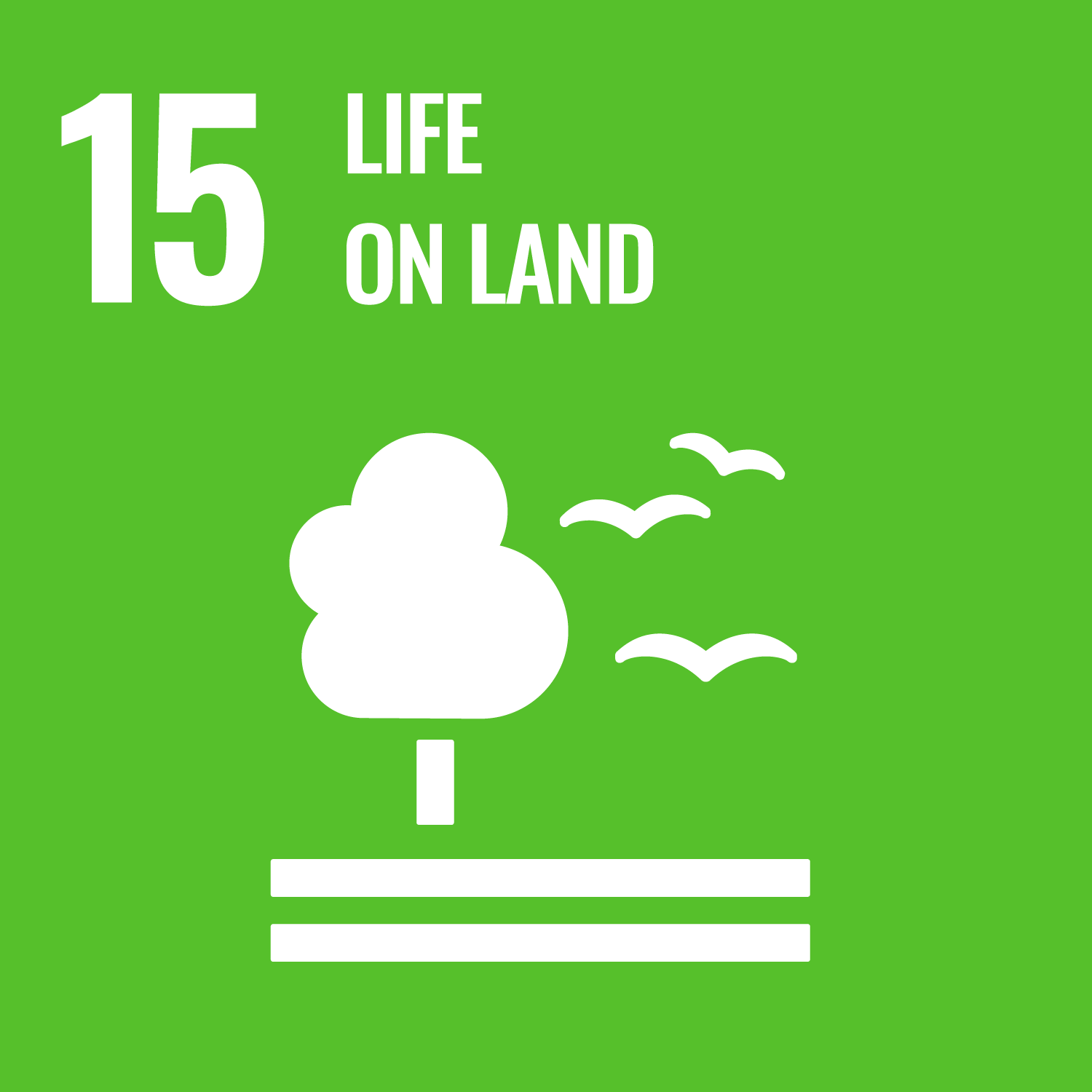E-commerce

Key Facts
- 161 billion parcels, or 5102 parcels per second, were shipped in 2022 (Pitney Bowes, 2023).
- The huge growth in parcel volume puts pressure on the normal components of phytosanitary export and import systems.
- Intercepting parcels that contain goods that do not meet the phytosanitary import requirements of the destination county is one of the biggest challenges facing NPPOs.
- Managing e-commerce and the postal and courier pathways is a key priority within the IPPC strategic framework.
The global rise of e-commerce has brought about a transformative shift in the way goods are bought and sold and moved in international trade.
While presenting economic opportunities, the growth in e-commerce also poses significant challenges to national plant protection organizations (NPPOs) because of the potential spread of plant pests through parcels moving on postal and courier pathways.
On this page you will find key resources about e-commerce and plant health, including a video highlighting the role of all e-commerce stakeholders in addressing pest risks, the IPPC guide on e-commerce, news stories featuring country case studies and links to other national and international e-commerce resources.





 Thu, 14 Mar 2024
Thu, 14 Mar 2024
 Thu, 30 Nov 2023
Thu, 30 Nov 2023
 Fri, 12 May 2023
Fri, 12 May 2023
 Mon, 24 Feb 2020
Mon, 24 Feb 2020


